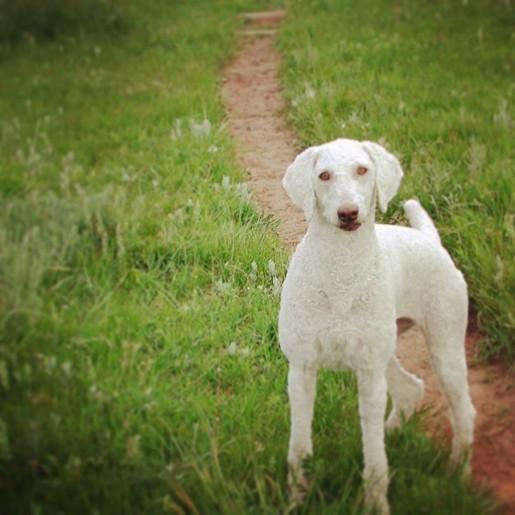
A buddha is just someone
with no concerns.

To attain buddhahood we must
scatter this life’s aims and
objects to the wind.

To lead others toward
the good, one must purify
one’s own character.
The I Ching teaches that the world cannot move toward harmony and well-being unless human beings act in unison to further what is good and true. Our power as individuals is multiplied when we gather together as families, groups, and communities with common goals. It is our collective strength that makes positive change possible in the world. However, the tremendous power of human collectives must be directed by a qualified leader. The hexagram Ts’ui encourages you to develop your character into that of a leader.
Before a person may gather others together to achieve good, he must first gather together within himself proper principles. A leader who is not balanced and collected within himself will always be suspected by his followers, and in the hour when he needs them most, they will hesitate. Therefore the first task of the potential leader is to accumulate in his own character all that is good and true and correct.
In a very real sense the progress of the world depends upon your thoughts as an individual now. Concentrate, then, on examining and correcting your thoughts, attitudes, and actions. Improve yourself into the kind of person you yourself would follow wholeheartedly and without hesitation. Learn to accept the natural progress that occurs when you act in harmony with proper principles, and seek no progress at the expense of those principles. Train yourself to avoid misfortunes by anticipating them in advance.
By purifying your character in this way and clinging steadfastly to higher things, you lead yourself and others toward well-being and good fortune.
from The I Ching, or Book of Changes
Hexagram 45 / Ts’ui (Gathering Together)
ebooks & apps of the Tao the Ching, I Ching,
Wei wu Wei Ching, Hua hu Ching, and
Art of War for iPad/Phone, Kindle,
You
can now buy
the I Ching as part of a
five-app bundle of Taoist classics
for iPhone or iPad for less than
the cost of one hardcover
book.


direct the mind toward emptiness
Generally speaking,
practical application of zen requires
detachment from thoughts. This method of zen
saves the most energy. It just requires you to detach from
emotional thoughts, and understand that there is nothing concrete
in the realms of desire, form, and formlessness; only then
can you apply zen practically. If you try to practice it
otherwise, it will seem bitterly painful
by comparison.

the lioness keala kennelly at teahupoʻo
In this
tradition of wei wu wei,
we don’t have a thing to offer you.
That is why you can rely upon
it for everything.

You
can now buy
Wei wu Wei Ching as part of a
five-app bundle of Taoist classics
for iPhone or iPad for less than
the cost of one hardcover
book.